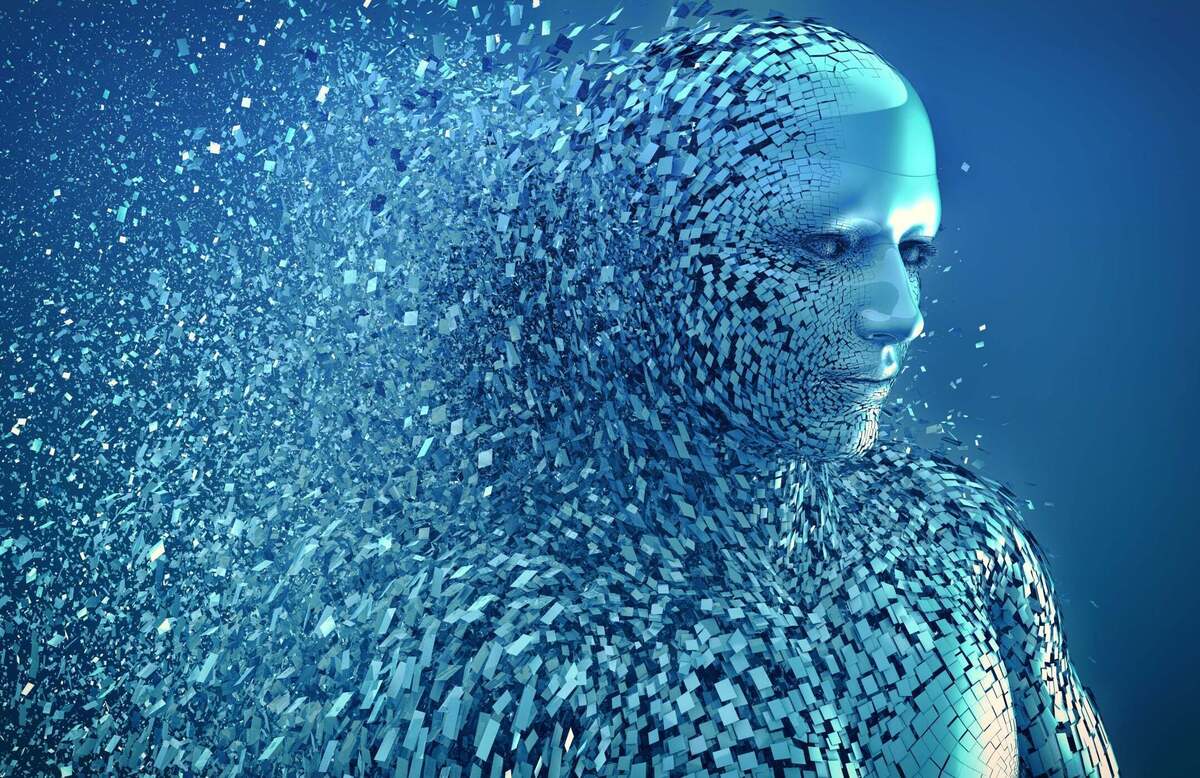Geoffrey Hinton, a professor and former Google engineering fellow, is known as “godfather of artificial intelligence” because of his contributions to the development of the technology. A cognitive psychologist and computer scientist, he pioneered work on developing artificial neural networks and deep learning techniques, such as back propagation — the algorithm that allows computers to learn.
Hinton, 75, is also a 2018 winner of the Turning Award, colloquially referred to as the Nobel Prize of computer science.
With that background, Hinton made waves recently when he announced his resignation from Google and wrote a statement to The New York Times warning of the dire consequences of AI and of his regret over having been involved in its development.
Asked about a recent online petition signed by more than 27,000 technologists, scientists and others calling for OpenAI to pause research on ChatGPT until safety protocols can be created, Hiilton called the move “silly” because AI will not stop advancing.
Hinton spoke this week with Will Douglas Heaven, senior editor for AI at MIT Technology Review, at the publication’s EmTech conference on Wednesday.
The following are excerpts from that conversation.
[Heaven] It’s been in the news everywhere you’ve stepped down from Google. Can you start by telling us why you made that decision? “There were a number of reasons. There are always a bunch of reasons for a decision like that. One was that I’m 75, and I’m not as good at doing technical work as I used to be. My memory is not as good and when I program, I forget to do things. So, it was time to retire.
“A second was, very recently, I’ve changed my mind a lot about the relationship between the brain and the kind of digital intelligence we’re developing. I used to think that the computer models we were developing weren’t as good as the brain. The aim was to see if you could understand more about the brain by seeing what it takes to improve the computer models.
“Over the last few months, I’ve changed my mind completely, and I think probably the computer models are working in a completely different way than the brain. They’re using back propagation and I think the brain’s probably not. And a couple things have led me to that conclusion and one of them is the performance of GPT-4.”
Do you have regrets that you were involved in making this? “[The New York Times reporter] tried very hard to get me to say I had regrets. In the end, I said maybe I had slight regrets, which got reported that I had regrets. I don’t think I made any had decisions in doing research. I think it was perfectly reasonable back in the ’70s and ’80s to do research on how to make artificial neural networks. It wasn’t really foreseeable — this stage of it wasn’t foreseeable. Until very recently, I thought this existential crisis was a long way off. So, I don’t really have any regrets over what I did.”
Tell us what back…
